Four Tough Questions Outsiders Ask About Islam
How do you verify the Qura'an is from God?
The 7th century was a time of literary excellence in the Arab world. The study and production and development of literary and poetic works were at an all time high. Yet, after the Prophet Mohammad (PBUH) received the Qura’an from God and it was written down, it was considered an unmatched piece of literary excellence. It contains (still) unmatched wisdom, poetics, literary style, and genre uniqueness. It was then, and now, a revolutionary and unmatched piece of Arabic literature. How could an illiterate caravan trader create such a work?
We can also verify the authenticity from the Qura’an because it has remained unchanged. Although the Qura’an comes in many translations, they are all sourced from the original Arabic that has remained unchanged for over 1,400 years. Early manuscripts of the Qura’an like the Ibn Al Bawwab manuscript from around 10,000 AD, remain the exact same text, verses and all, as the Qura’ans we read today.

We know the Qura’an is divine because it’s more than just a book. The Qura’an transcends humanity. The messages with the Qura’an relevant to every nation, era and people. It holds universal truths that transcend boundaries as a source of timeless guidance, healing, and wisdom. The wisdom of the Qura’an is relevant to all facets of life, and reveals important truths about spirituality and human nature.
Why did the Prophet Mohammad have so many wives?
To answer this question, we should first put women’s rights and marriage from the pre-Islamic era into context. Even before Islam, polygamy was commonly practiced in societies around the world. Everyone from pagans to Christians practiced polygamy.
The teachings of Islam regulate polygamy, and create rules and standards that give women greater protection and rights when it come to marriage. The Prophet Mohammad (PBUH) served as a model for the proper function of polygamy–to protect women.

"Big Bang" instant hijab Print from
the Miracles Collection. Get it Here!
In societies then and even now, unmarried women tend to suffer. If a woman didn’t marry, she could have less social and economic protections. If a woman is widowed, she loses those protections along with her husband. If children are involved, it’s even more difficult for the mother to provide a good life for them as a single parent.
For a better understanding of what this means, let's look at the example of Maria the Copt.
Maria was gifted as a slave to Mohammad (PBUH) by the Governor of Alexandria.
Instead of keeping her as a slave, the Prophet (PBUH) married Maria, who converted to Islam. Instead of keeping her as a slave, with no socioeconomic status or rights, Mohammad elevated Maria’s status in society by marrying her.
Out of Mohammad’s (PBUH) 11 wives, 10 of them were widows–women that may have gone uncared for and unprotected in the societies of their time.
Is Islam really a religion of peace?
Some people tend to point to miitarism and war and equate it with Islam as a religion of violence and intolerance, which is simply not true. Islam is a religion of over a billion individuals–the vast majority of whom are kind, peace-loving people. When people compare Islam and violence, they are confusing Islamic faith and geopolitics. The unfortunate fact is that many groups across the world do horrible things in the name of religion. Just as the Klu Klux Klan terrorized Black Americans in the name of Christianity, ISIS terrorizes Muslims in the name of Islam. It’s important to distinguish between true believers, and those that are using a religious label as a tool for politics and warfare.

There is a huge misunderstanding around the term “jihad.” Jihad can be translated to “holy war,” and it is characterized by some as a violent religious crusafe. The true meaning of the term is “struggle.” That is, an internal and external struggle to be a good Muslim, keep the faith, and adhere to the rulings of the Qura’an.
Does Islam respect women?
The rights and repsect of women in Islam is a hotly debated topic for insiders and outsiders of the religion. Sometimes, Qura’anic teachings are taken out of context to oppress and discriminate against women. On the other hand, islamaphobes use misogynistic interpretations of Islam to demonize Muslim communities.
When understanding Islam’s perspective on women, it’s important to understand that local interpretations and customs influence the way that Islam practiced in a given community.
 "LAWAKEH" print from miracles collection
"LAWAKEH" print from miracles collection
When questions arise about an uncertain topic in Islam, experts in Islamic Law can create an independet reasoning based on research and the jurist’s own mental faculty through an Islamic law method known as “ijtihad.” Ijtihad rulings are naturally colored by local customs and patriarchal culture. It’s important to understand that harsh rulings that fail to protect the rights and interests of women are not the failings of Allah, but the failings of man.
The Qura’an specifically states in Surah Al-Hujurat 13 that men and women are equal in the eyes of God, only earning merit by their piety.
“O humanity! Indeed, We created you from a male and a female, and made you into peoples and tribes so that you may ˹get to˺ know one another. Surely the most noble of you in the sight of Allah is the most righteous among you. Allah is truly All-Knowing, All-Aware,”
[Qura’an 49:13].
It’s also important to understand that different interpretations can be made from different readings of the same verse, especially when considering the historic contexts. Many point to Surah Al-Baqara 282 as a verse supporting male superiority. It says that during a business transaction to “Call upon two of your men to witness. If two men cannot be found, then one man and two women of your choice will witness,” [Qura’an 2:282]. This may seem to say that a woman is only half as good as a man. But by interpreting this verse within a framework of historic context, we can come to a different conclusion. In those days, women were less educated than men, and were rarely involved in complex matters of business and trade.
The truth is that Islam was an early pioneer of women’s rights. The teachings of Islam elevated the status of women. Islam gave women greater property, inheritance, marriage, and business rights. It was revolutionary at the time, and the protection of the sexes is at the heart of Islam.










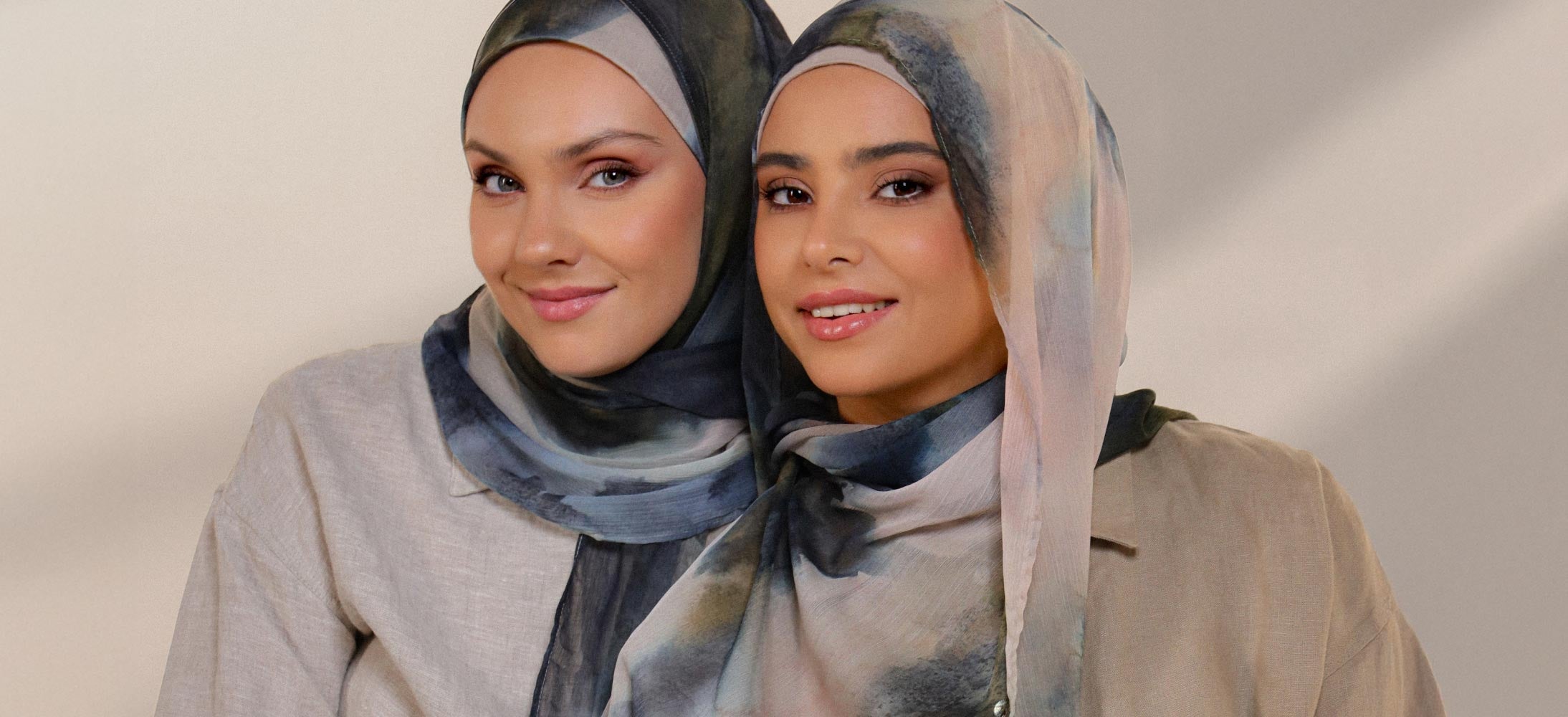
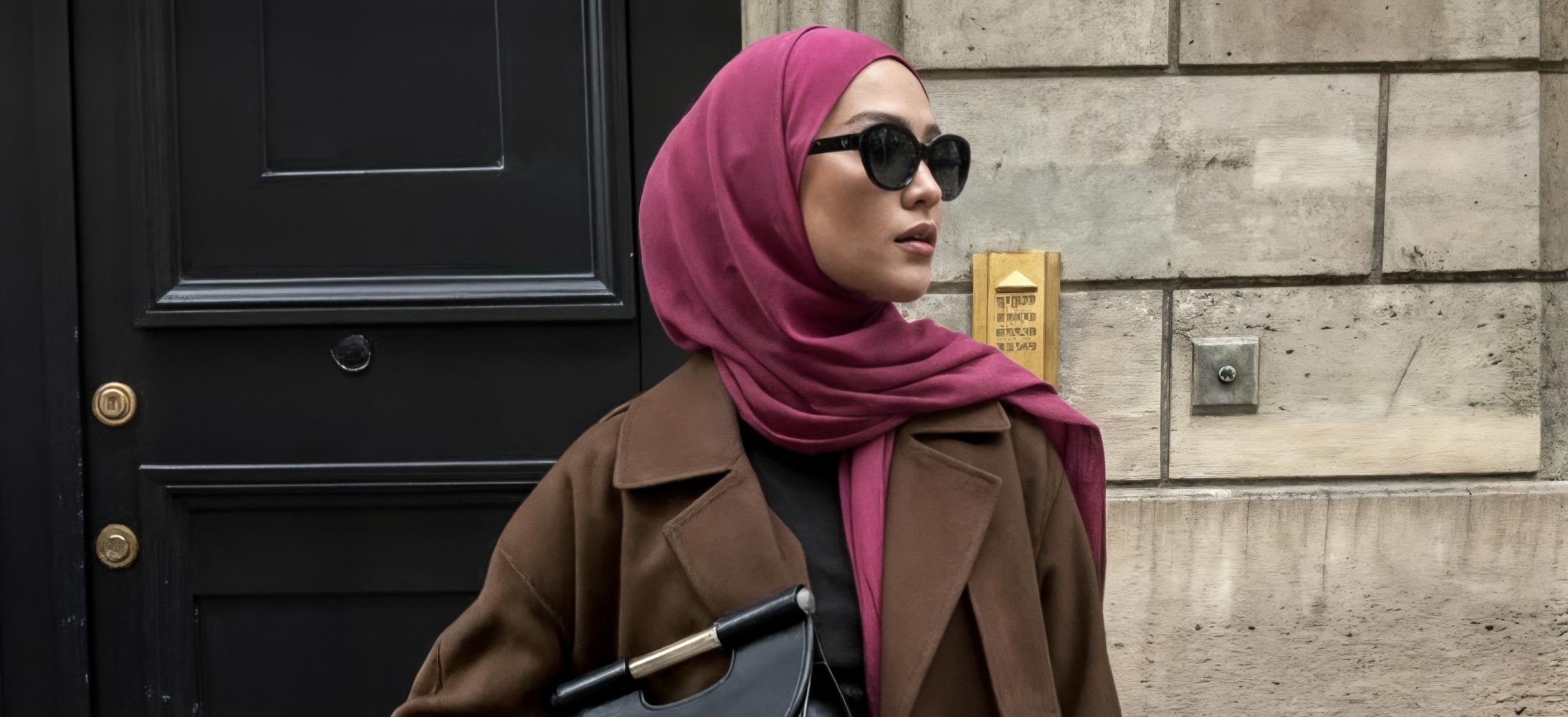
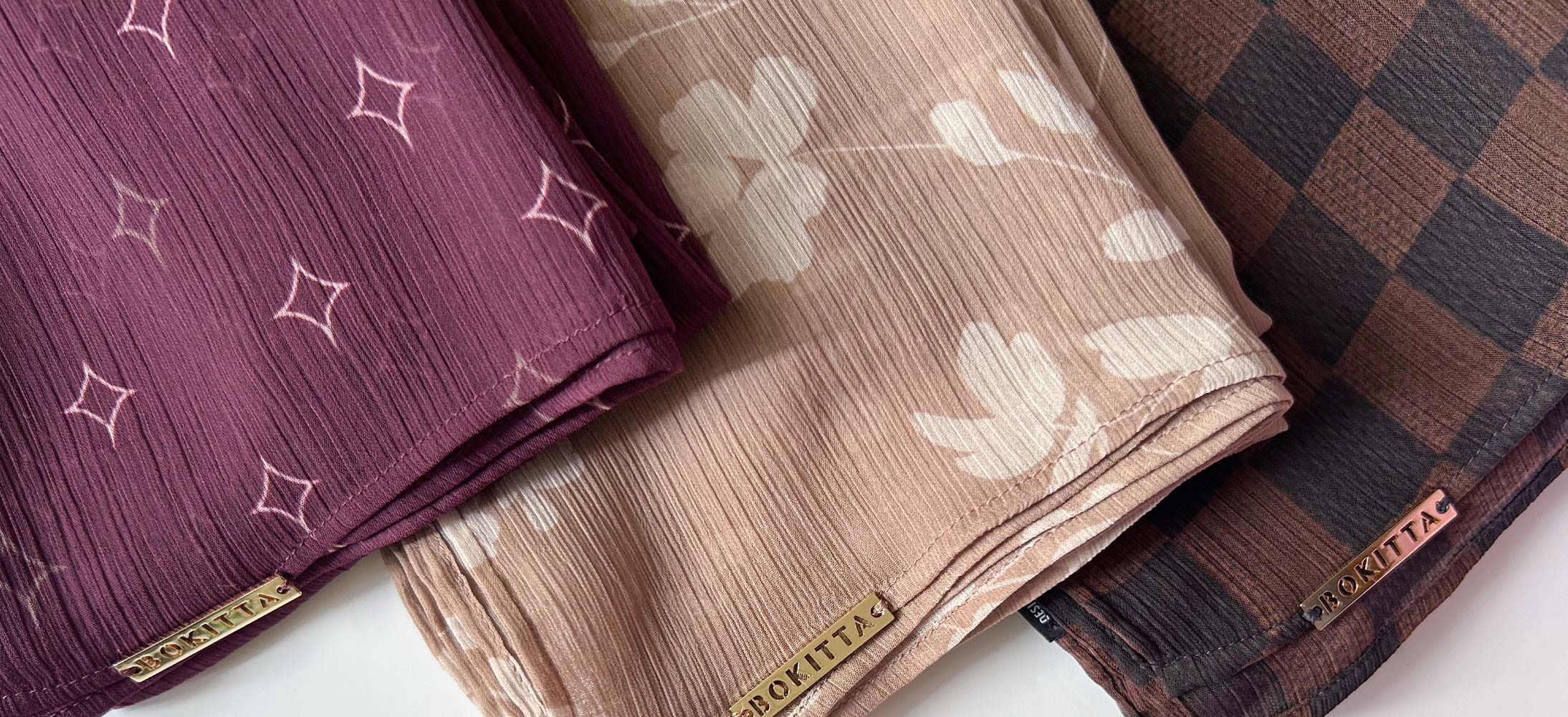
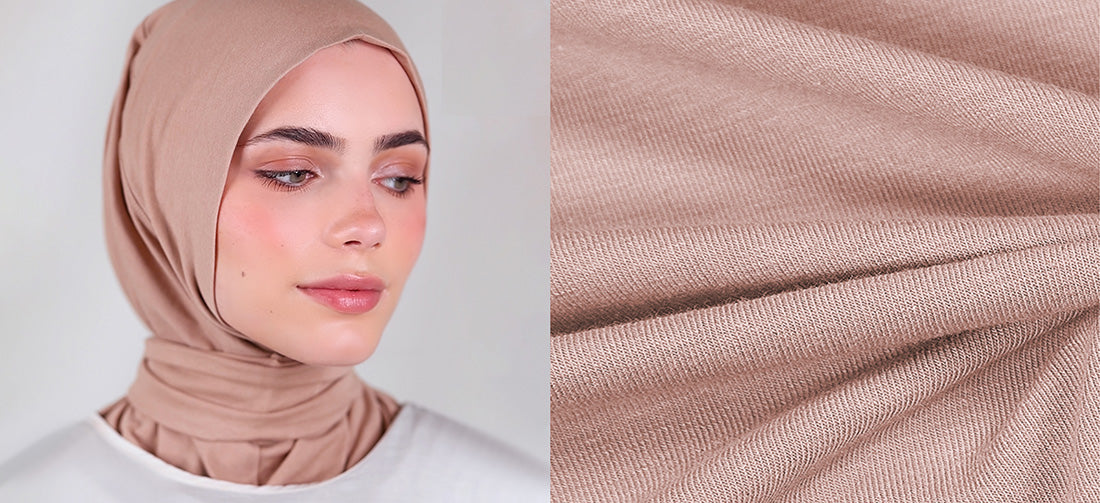



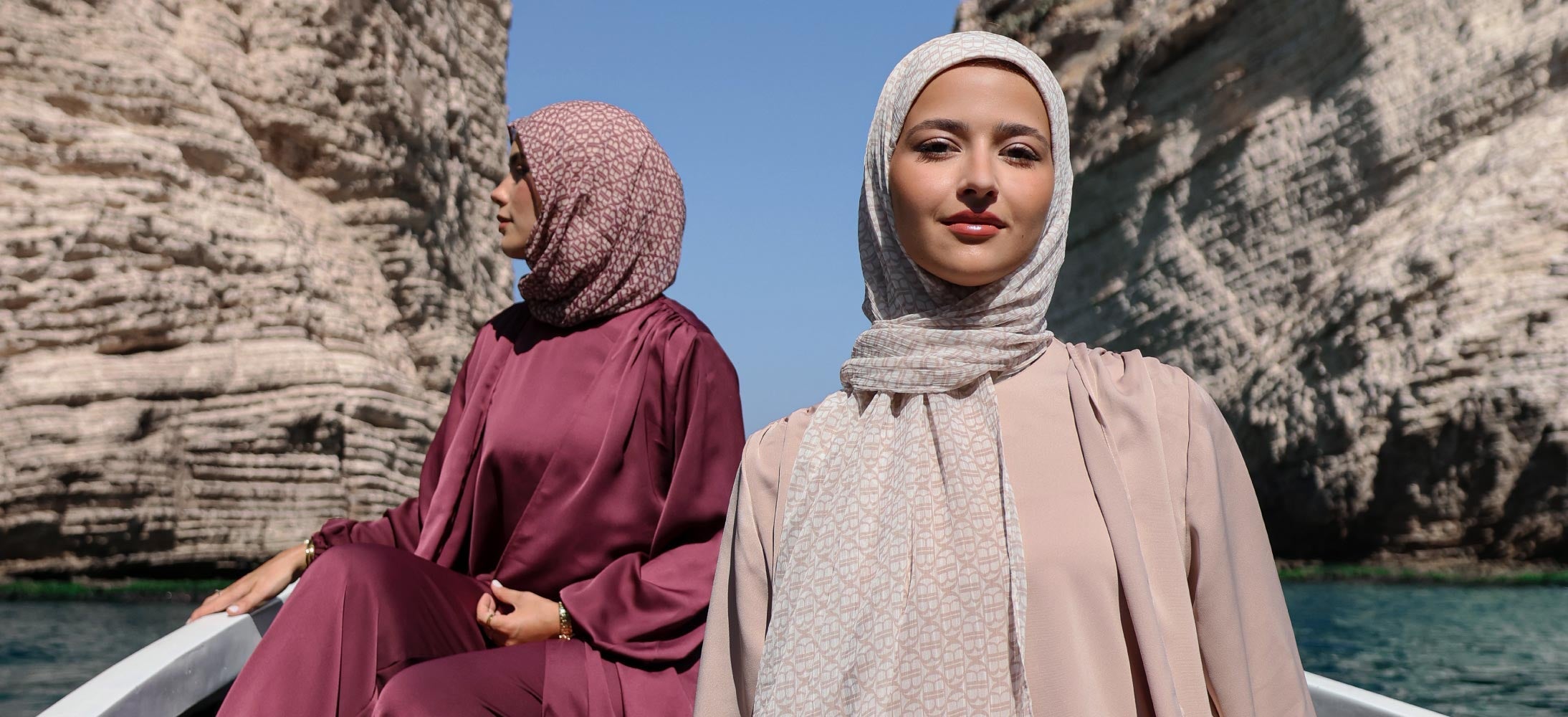
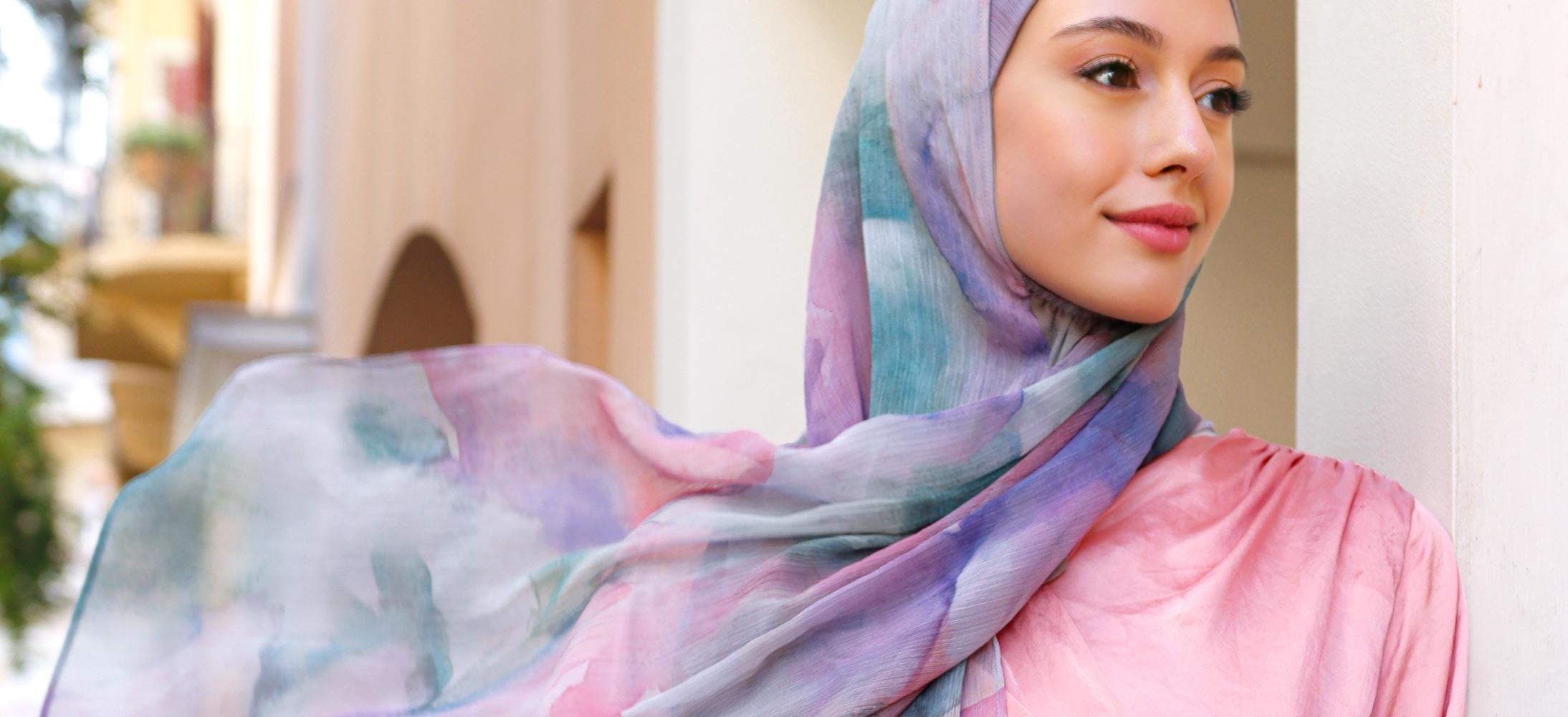
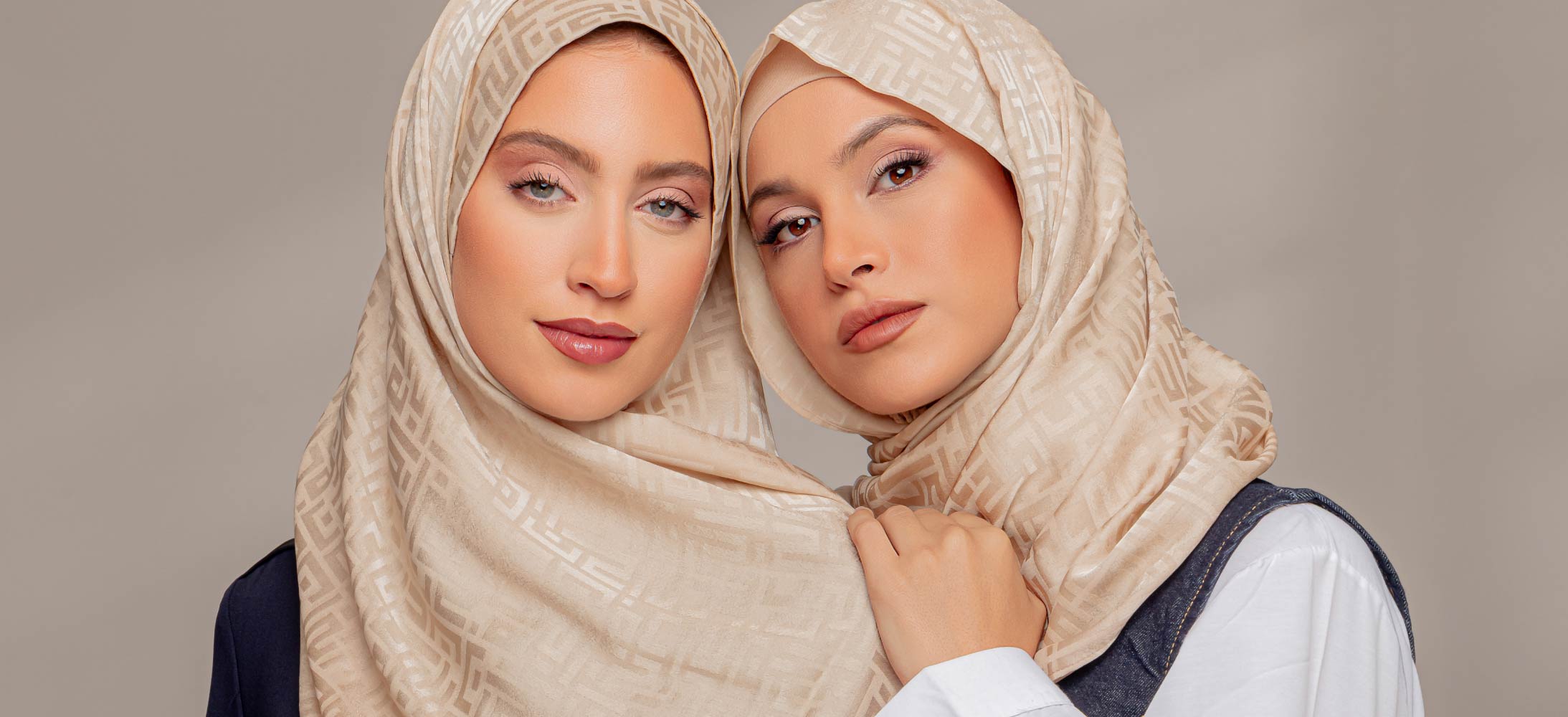
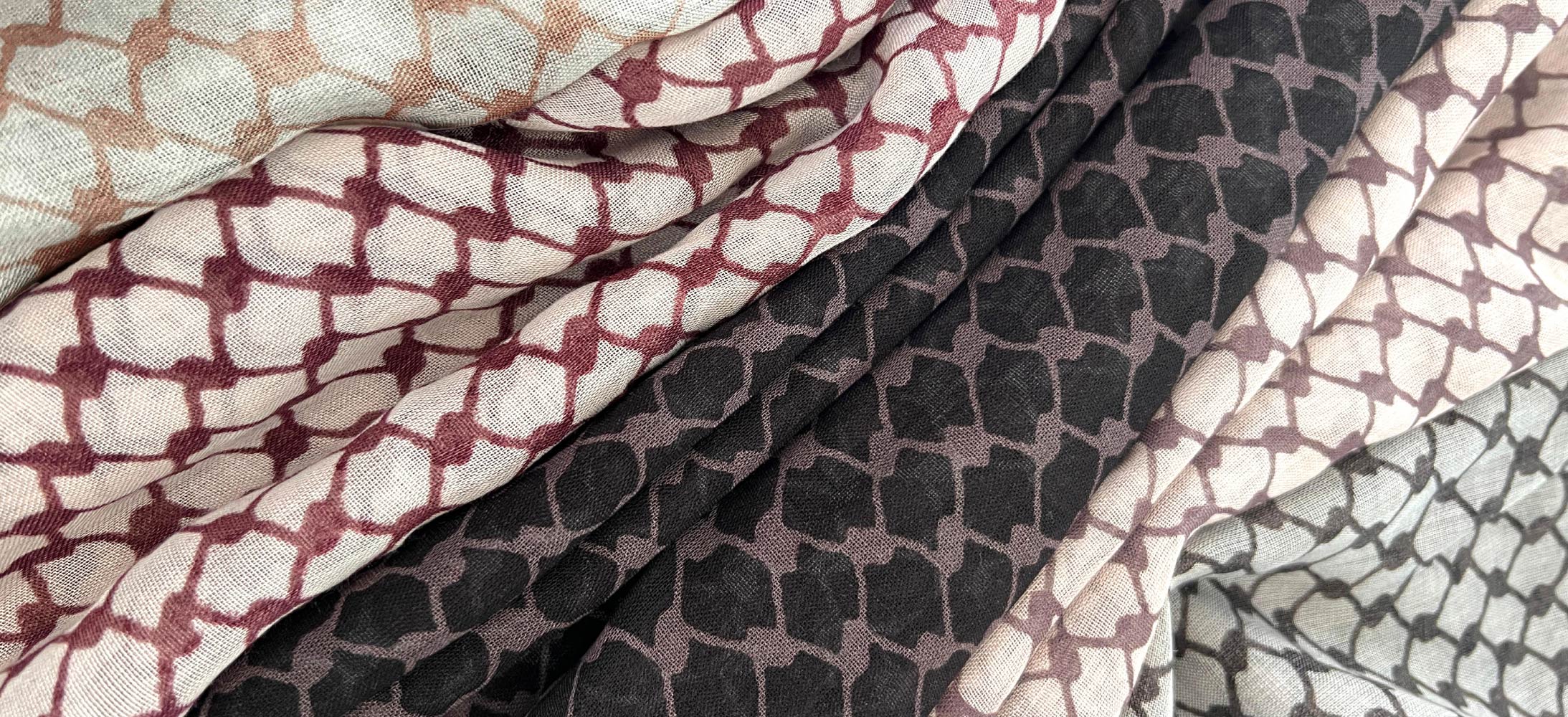


Leave a comment